
The current and future treatments for the $10 billion condition.

How employers are looking to tackle health costs.

The future of executive compensation at managed care organizations will be based on incentives.

Three research studies will focus on how clinicians can help prevent firearm injuries.

Why the auto maker sees transportation as an opportunity.

With the push to value-based care, C-suites are adding new roles to foster innovation. What are those new roles, and are they working?

The tech giant and pharmaceutical manufacturer are hoping to develop new solutions together.

The validity of a new large study linking anticholinergic drugs to the risk of dementia has stirred up controversy.

Why health systems need to move toward full-risk or capitation models.

Results from a collaborative study show a significant difference between different ethnic groups and the likelihood of hereditary genetic mutations that are linked to breast cancer.
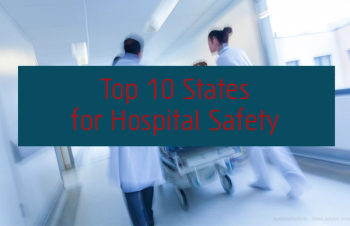
The states with the highest patient safety records in hospitals.

A study finds that more and more Americans are facing significant mental health issues.
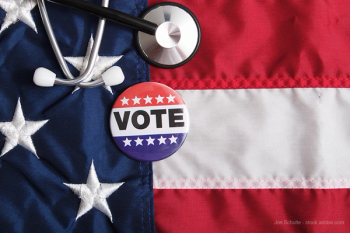
What you need to know about the candidates’ views on healthcare.

How will the executive order on healthcare pricing transparency affect the industry?

How the drug pricing bill could affect pharmacy benefit managers.

They might be the key to patient engagement, but how are patients using them?

New analysis finds that there are plenty of opportunities for providers to step up their efforts to reduce their utilization of low-value care and increase their use of services that deliver better value for patients.

The PRIDE study is collecting demographic data to help better study underrepresented patient populations.
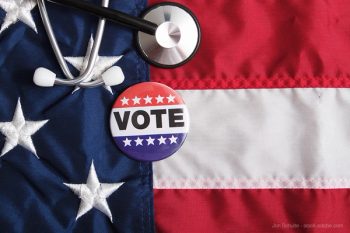
The importance of increasing healthcare quality and access in rural areas transcends political party lines.

A new survey has revealing findings about public awareness surrounding burnout among healthcare professionals.

Why the introduction of telehealth kiosks in employers is part of a trend of increased patient visibility.

What the new partnership between the pharmacy chain and tech giant means.
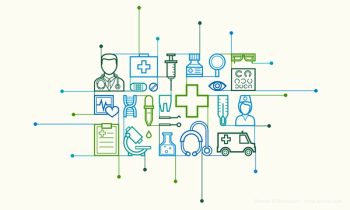
How far along are healthcare organizations in their pursuit of value-based care and the Triple Aim?

The number of members joining Health Care Sharing Ministries are swelling. One reason may be that consumers don’t understand such organizations don’t provide actual health insurance.

A women’s health organization is concerned about the safety and effectiveness of bremelanotide (Vyleesi) after FDA approved it to treat hypoactive sexual desire disorder (HSDD) in premenopausal women.

A new report from OptumRx reveals the top 4 drugs in development for the second quarter of 2019.
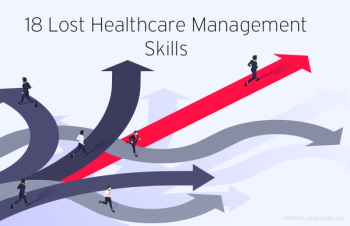
The elements of workplace leadership that have been forgotten in a digital age.

How hospitals are using savings from the 340B program to support other programs.

Large-scale population health study to provide more abundant data on disease threats, treatments, and outcomes.